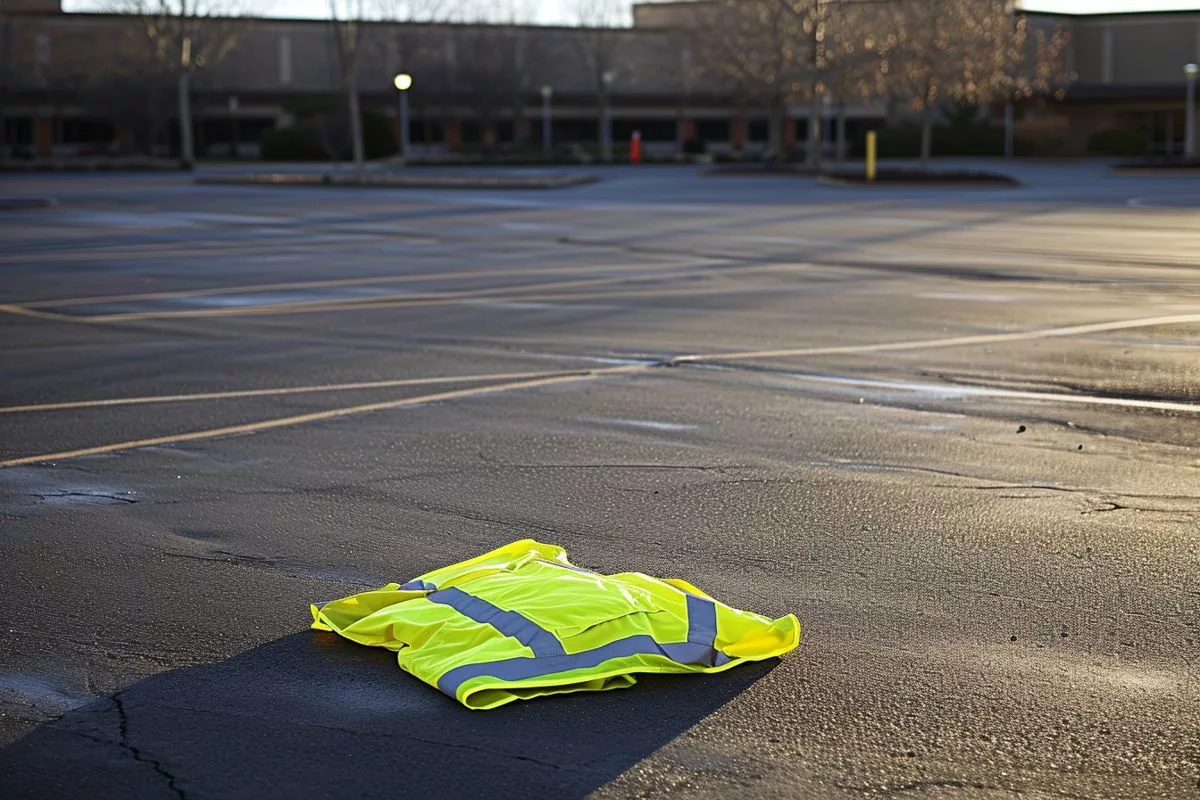Oscar Pistorius, a once-celebrated Paralympian, is currently fulfilling his community service obligations after being granted parole for the murder of his girlfriend. He is performing tasks such as sweeping church floors and managing parking at his local church while undergoing therapy for anger management and gender-based violence. Pistorius is subject to specified curfew hours and cannot consume alcohol or illegal substances. His journey from a celebrated sportsman to a convicted criminal seeking redemption through service offers a powerful lesson in remorse and rehabilitation.
What is Oscar Pistorius’ current situation?
Having served time in Atteridgeville Correctional Centre for the murder of his girlfriend, Oscar Pistorius has been granted parole and is currently fulfilling community service obligations. He is performing various tasks such as sweeping church floors and managing parking at his local church in Pretoria while undergoing therapy focusing on anger management and gender-based violence. Pistorius is also subject to specified curfew hours and is forbidden from consuming alcohol or illegal substances.
The Fall of a Champion
In the narrative of misconduct and reparation, the road to absolution is often built on regret, penitence, and rehabilitative justice. A paradigm of this is the case of Oscar Pistorius, the internationally acclaimed Paralympian. Having recently obtained parole, Pistorius must now traverse the intricate path of public service.
Pistorius, who was once a celebrated sportsman, has lived his recent eight years within the walls of Atteridgeville Correctional Centre due to his conviction over the murder of his girlfriend, Reeva Steenkamp, in 2013. The global community bore witness as the life of the double-amputee sprinter drastically transitioned from the glory of the racing track to the disgrace of a prison cell.
Presently, Pistorius, known globally for his exceptional speed, may be spotted performing mundane tasks such as sweeping church floors or managing parking at his local church, the NG Kerk Dutch Reformed Church. These are among the opportunities provided to him in his parole conditions, as disclosed to the Mail Online by an anonymous source.
A New Chapter Begins Close to Home
The church, which is frequently visited by Pistorius’ Uncle Arnold and his wife Lois, is conveniently situated near Arnold’s home in the upscale suburb of Waterkloof in Pretoria. This strategic location was obviously considered, as Pistorius’ travel expenses would need to be covered by the Republic of South Africa’s public funds.
His newfound lifestyle is characterized by humility, a striking departure from his earlier high-profile, glamorous life. The church’s congregation of over a thousand members might soon associate him not with his athletic capabilities, but his contribution to commonplace chores.
Pistorius’ community service options were not solely confined to church responsibilities. He was also given the choice to contribute to cleaning a local hospital, supporting auxiliary duties in police stations, or returning to the prison to assist wardens with maintenance work.
Parole Conditions and the Road to Redemption
However, Pistorius’s parole obligations go beyond community service. The Department of Correctional Services has placed limitations on media engagements while the former sprinter’s daily routine will be controlled by specified curfew hours. Consumption of alcohol or other illegal substances is strictly forbidden.
In addition, Pistorius is mandated to participate in therapy focusing on anger management and issues related to gender-based violence. This stipulation recognizes the fundamental problems that precipitated his horrific crime and seeks to aid him in addressing them. He is bound to notify his assigned supervising official if he plans on seeking employment or considering a change of location. These conditions will remain in place until he completes his sentence in 2029.
Lessons from a Fallen Hero
The dramatic shift in Pistorius’s life, from being a celebrated figure to a notorious convict, and now a person seeking redemption through service, provides a profound learning opportunity. It stands as a testament that irrespective of one’s past accomplishments, everyone remains subject to the rule of law. It also underscores the possibility of remorse and rehabilitation, even in the grimmest of situations. Although Pistorius’s sporting achievements are behind him, his journey towards redemption is rooted in the universal human processes of repentance and forgiveness.
Pistorius’ story encapsulates a powerful metamorphosis, from the winner’s podium to a prison cell, and now, perhaps, to the humble realms of community service. It would be captivating to watch how Pistorius adapts to this new phase of his existence, as he exchanges the roaring ovations of sports enthusiasts for the subdued gratitude expressed by church attendees on Sunday mornings.
1. What is Oscar Pistorius’ current situation?
Oscar Pistorius is currently fulfilling his community service obligations after being granted parole for the murder of his girlfriend. He is performing tasks such as sweeping church floors and managing parking at his local church while undergoing therapy for anger management and gender-based violence. Pistorius is subject to specified curfew hours and cannot consume alcohol or illegal substances.
2. What was Oscar Pistorius convicted of?
Oscar Pistorius was convicted of the murder of his girlfriend, Reeva Steenkamp, in 2013.
3. What kind of community service is Oscar Pistorius doing?
Oscar Pistorius is performing various tasks such as sweeping church floors and managing parking at his local church in Pretoria.
4. What are the conditions of Oscar Pistorius’ parole?
Oscar Pistorius is subject to specified curfew hours and is forbidden from consuming alcohol or illegal substances. He is also mandated to participate in therapy focusing on anger management and issues related to gender-based violence. He is bound to notify his assigned supervising official if he plans on seeking employment or considering a change of location.
5. Is Oscar Pistorius allowed to do other community service besides working at the church?
Yes, Oscar Pistorius was given the choice to contribute to cleaning a local hospital, supporting auxiliary duties in police stations, or returning to the prison to assist wardens with maintenance work.
6. What does Oscar Pistorius’ journey towards redemption teach us?
Oscar Pistorius’ journey towards redemption teaches us the possibility of remorse and rehabilitation, even in the grimmest of situations. It underscores the fact that irrespective of one’s past accomplishments, everyone remains subject to the rule of law.













